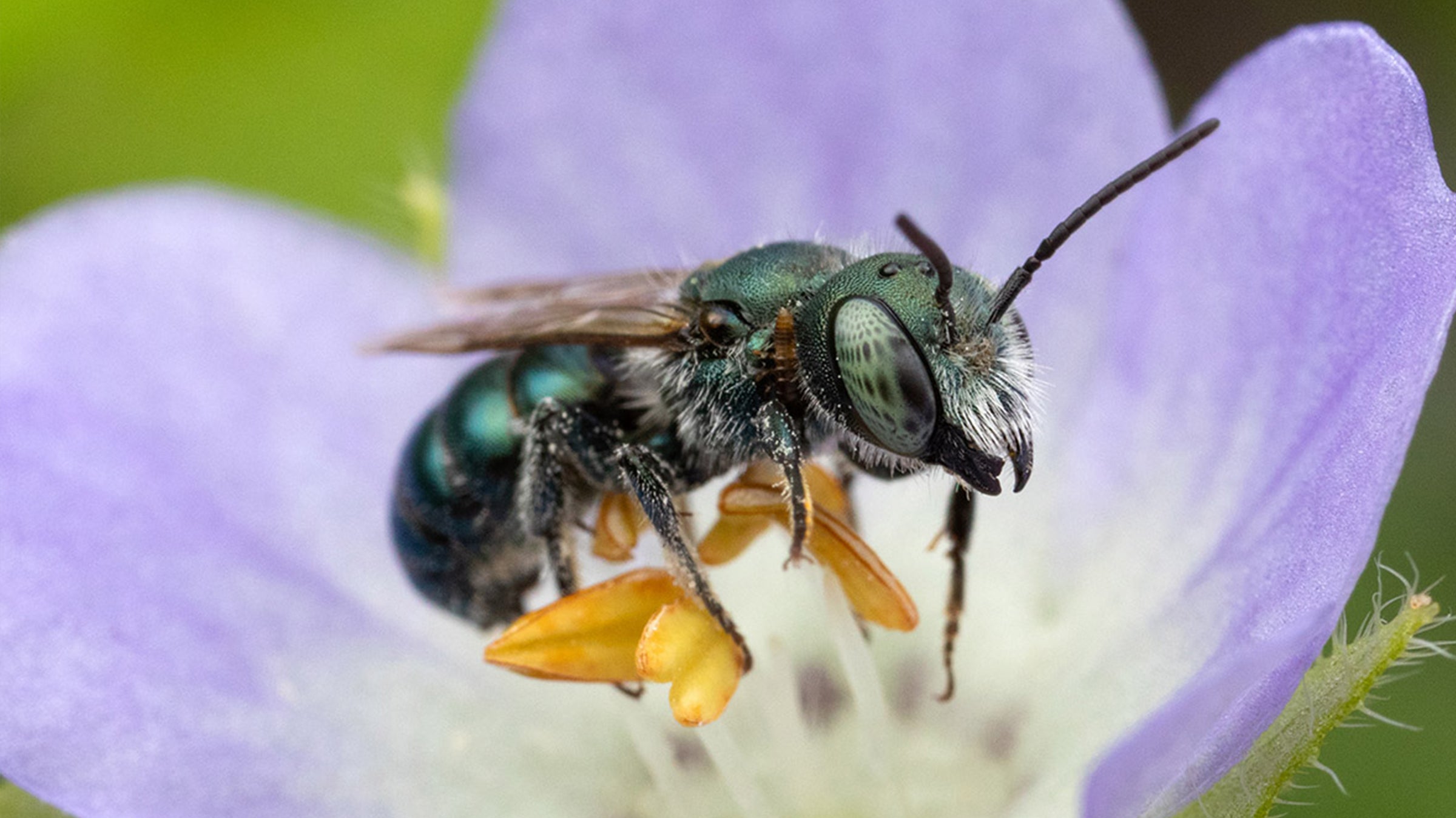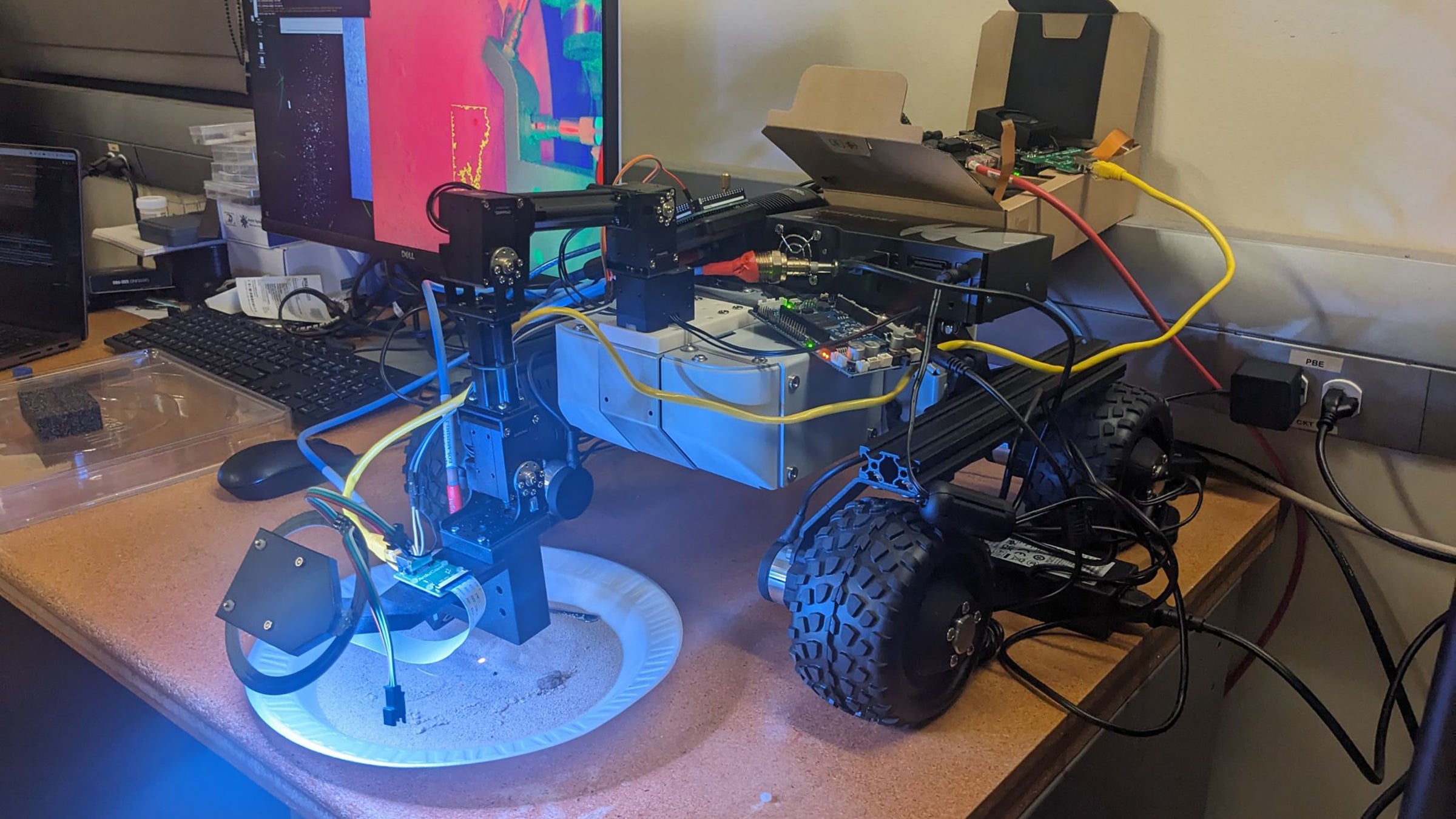Announcing the 2025 Stengl-Wyer Scholars, Fellows and Grant Awardees

Funded by the Stengl-Wyer Endowment, the Stengl-Wyer Scholars Program provides up to three years of independent support for talented postdoctoral researchers in the broad area of the diversity of life and/or organisms in their natural environments. The endowment also supports the Stengl-Wyer Fellowship Program, year-long fellowships for doctoral candidates pursuing dissertation research in the same area.
Read below to learn more about this year’s Scholars, Fellows and grant-funded projects. Congratulations to everyone!
STENGL-WYER SCHOLARS
Dr. Fabian Salgado Roa
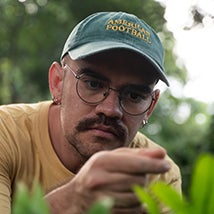
Fabian is an evolutionary ecologist interested in how phenotypic and genetic diversity change at multiple geographical scales, using arthropods—mainly colorful spiders—as a model system. He completed his Ph.D. at the University of Melbourne in Australia, where he worked with Dr. Iliana Medina and Professor Devi Stuart-Fox to investigate the ecological mechanisms behind color variation. As a Stengl-Wyer Scholar, Fabian will work with Dr. Becca Young to uncover how and why spiders develop multiple colors in a single population by studying the genetic basis of coloration, the ecology of multiple color variants, and developmental color changes.
Dr. Julia Schap
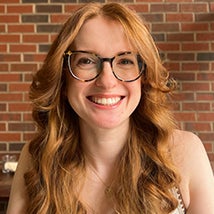
Julia is a conservation paleobiologist who studies the impact of changing climate on small mammal communities. She completed her doctoral research at Georgia Institute of Technology in Dr. Jenny McGuire’s lab focusing on the effects of drought on small mammal community composition and ecological function over the last 25,000 years. As a Stengl-Wyer Scholar, Julia will work with Dr. Melissa Kemp to explore functional trait-environment relationships of small mammal communities from the Ice Age to the year 2100. She will study how changing climate and human impacts on the landscape alter how small mammals function in their environment, which communities may be most vulnerable to future environmental impacts, and which characteristics of a community may buffer them against ecological instability.
STENGL-WYER FELLOWS
Rebecca Clemons
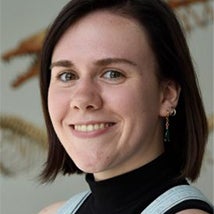
Rebecca is a Ph.D. candidate in Dr. Kelly Zamudio’s lab. Her research focuses on how amphibian immune systems respond to a deadly fungal pathogen. She is interested in understanding why some individuals are extremely susceptible to infection while others are highly resistant. As a Stengl-Wyer Fellow, Rebecca will explore how the amphibian immune system may be suppressed by this pathogen through the recruitment of the host’s own inhibitory immune cells. She will use a combination of molecular and cellular techniques to isolate and characterize these cells to better understand the amphibian immune system and how it responds to disease.
Daryl Barth
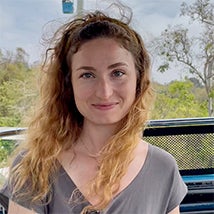
Daryl studies the gut microbiomes of plastic-eating superworms to uncover novel enzymes capable of breaking down persistent plastics like polystyrene, polyethylene, and nylon. By combining metagenomic, transcriptomic, and proteomic approaches, she aims to identify microbial strategies for polymer degradation and explore how anthropogenic materials reshape ecological interactions. This research not only sheds light on microbial diversity, symbiosis, and adaptation in a plastic-saturated world, but also holds promise for developing new tools to tackle global plastic pollution. She is currently a Ph.D. candidate in Dr. Edward Marcotte’s lab and as a Stengl-Wyer Fellow will work with Dr. Kasia Dinkeloo and the Freshman Research Initiative’s Bioprospecting Stream.
Leeah Richardson
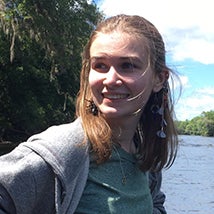
Leeah is a Ph.D. candidate co-advised by Dr. Shalene Jha and Dr. Felicity Muth. She is studying both applied and basic aspects of bee ecology and behavior with a focus on the sublethal impacts of insecticides to pollinators in the lab and in wild collected individuals. As a Stengl-Wyer fellow, she will investigate how pesticides present in the environment and landscape use impact native squash bee abundance; both by directly quantifying hazard at the local level, and by uncovering how local level exposure can be predicted by landscape use by working with samples collected from 18 conventionally managed pumpkin farms in west Texas.
Tianyi Xu
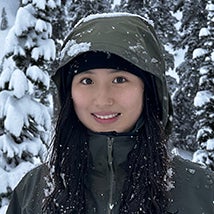
Tianyi is a Ph.D. candidate in Dr. Melissa Kemp’s lab in the Department of Integrative Biology. Her dissertation examines how reptile diversity responds to global change across space and time using tools from paleobiology, ecology, and evolutionary biology. She integrates morphometrics, community ecology, and biogeography to investigate biodiversity patterns in Caribbean lizards and North American tortoises. As a Stengl-Wyer Fellow, she is using ancient DNA and ecological modeling to uncover the evolutionary history and habitat shifts of Gopherus tortoises, informing conservation strategies for this ecologically important and threatened reptile lineage.
EDUCATIONAL GRANT AWARDEES
Kasia Dinkeloo
(Assistant Professor of Practice, Freshman Research Initiative, Molecular Biosciences): Exploring the Plastisphere: The Chemical and Microbial Communities of Gulf Coast Nurdles
Project summary: This project will entail a collaboration with Zhanfei Liu’s lab at the Marine Science Institute, in which Freshman Research Initiative students will travel down to Port Aransas twice a year to sample for nurdles (primary microplastics that are found in shocking numbers along the Gulf Coast). We will then analyze weathering/chemical profiles of the nurdles and try to align that data with the microbial populations that colonize the nurdles over time. Our overall goal is to determine the links between plastic weathering, microbial communities, and chemical pollutants associated with nurdles to better understand the life and times of plastic in the environment.
David Nobles
(Molecular Biosciences): Establishing a Collaborative Undergraduate Research Training Program to Identify and Characterize Industrially Relevant Metal-Concentrating Algae in the UTEX Collection
Project summary: Researchers at Sandia National Laboratory have discovered that some types of algae can absorb and concentrate scarce, industrially relevant metals from waste streams. Sandia is now developing methods for scaled separation and purification of metals vital to the U.S. economy from algal biomass. To date, only a small number of algae have been identified and the mechanisms for metal binding and concentration have not been well characterized. Sandia, the Ellington Lab, and the UTEX Culture Collection of Algae (UTEX) will collaborate to establish an undergraduate research training program to identify and characterize algae capable of metal concentration. Algal strains maintained at UTEX, and novel strains collected from the field, will be screened for metal-concentrating capabilities and scalability of cultivation by students at UT facilities. Promising strains will be sent to Sandia for genomic sequencing and UT students will collaborate in annotating the genomes. Students will gain experience in algal culturing techniques, systematics, genomics, and analytical chemistry. Just as importantly, they will gain insights into team building, collaboration, facility and infrastructure management, and contribution to a larger project that may have real-world outcomes.
Dr. Andrew Ellington (Molecular Biosciences) is Co-PI for this project.

